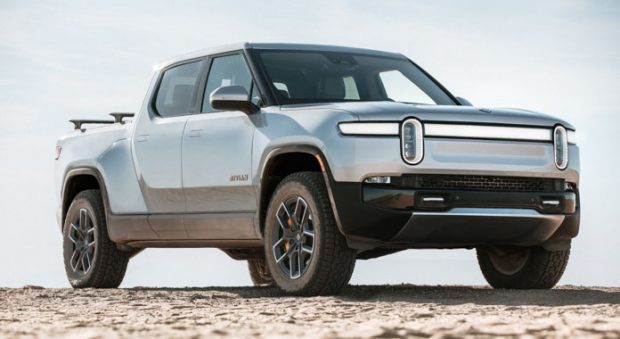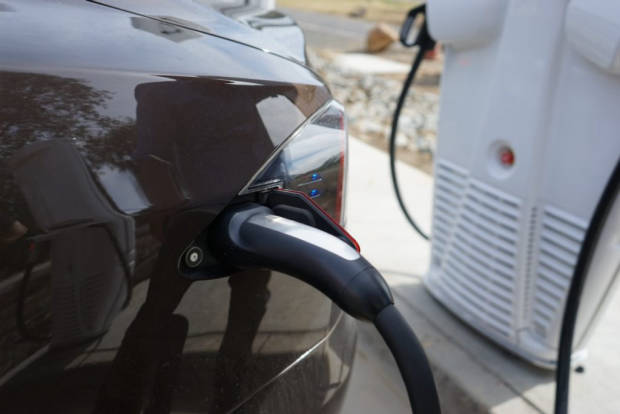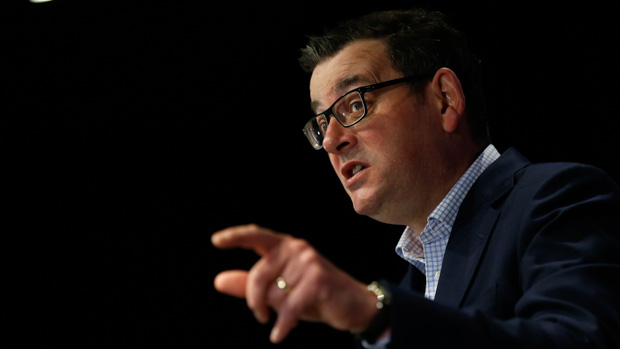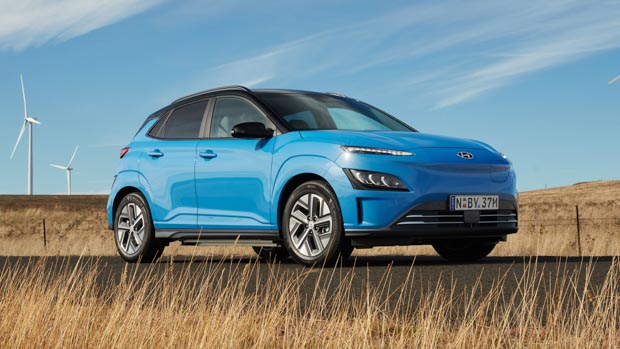-
Car Reviews
- All reviews
- Midsize SUVs
- Small cars
- Utes
- Small SUVs
- Large SUVs
- Large cars
- Sports SUVs
- Sports cars
- Vans
Latest reviews
- Car News
-
Car Comparisons
Latest comparisons
- Chasing Deals
After being the first to push ahead with a specific tax on electric vehicles Victoria now finds itself isolated and supporting a policy experts argue will do damage.
The Dan Andrews-led Victorian state government imposed an EV tax prematurely and is too proud to reverse the decision, according to the EV Council.
Proposed as a direct equivalent to the fuel exercise tax imposed on petrol and diesel fuels in the interest of fairness, the policy came into effect as of July 1 despite vocal opposition from industry lobbyists and environmentalists alike.
The South Australian and NSW government have delayed their plans to introduce an EV tax and insisted they will not impose such a policy until EVs are more widely adopted in Australia as to not kill off interest in the emerging technology.
EV Council CEO, Behyad Jafari, told Chasing Cars state and territory governments had since adopted two approaches to EV tax negotiations as they began to recognise the time was not right for the policy.
“When we would talk to the SA government or (other state and territory governments) I think there is a really strong understanding that right now it’s certainly far too soon,” he said.
“Governments are either going for A) Well let’s talk about when we should introduce it and introduce it with a bit of a delay or B) we just don’t need to talk about this right now and we can return to this issue in a few years.”
Mr Jafari said the Victorian government had been forced to pretend the tax was a good idea and run with it after state treasurer Tim Pallas threw his support behind the idea.
“(They’re) not willing to admit that “okay we maybe we made the wrong call, we need to revisit that, they just kept trying to push ahead and now they’re in a pretty embarrassing spot where every other state in the country disagrees with them,” he said.
Despite the pressure, Mr Jafari said if anything it had only made the Victorian government “dig their heels in and insist that they’ll keep it”.
The Victorian government soon followed up its controversial announcement with a series of incentives including offering $3,000 on each EV priced under $69,000 along with a $19 million plan to expand the EV charging network.
However many state and territories, such as NSW and the ACT, have offered similar incentives without any financial penalties that could potentially hinder take up.
Earlier this week a survey conducted by the Australian Institute showed seven in ten South Australians were less likely to purchase an EV if a tax was imposed.
Mr Jafari said the introduction of the EV tax largely stemmed from a misconception that EV buyers were wealthy individuals to whom price was irrelevant as opposed to regular people who would stretch their budget just to afford an electric car.
“(The Victorian Government) kept saying ‘oh well (the tax) isn’t much money and these people are buying $50,000, $60,000, $70,000 cars so what difference does it make’?” He said.
Mr Jafari insisted he is not against a tax in principle, arguing a universal road user charge for combustion and EV is a good idea in the future once EVs are more widely adopted.
Automotive lobbyist group the FCAI has also thrown its weight behind the idea but how or when we will see the policy introduced remains to be seen.
This week the EV Council announced EV sales had more than doubled in less than a year growing from 0.78 per cent of the market to 1.57 per cent, and is expected to double again before Christmas as more financial incentives come into effect.
Latest news
About Chasing cars
Chasing Cars reviews are 100% independent.
Because we are powered by Budget Direct Insurance, we don’t receive advertising or sales revenue from car manufacturers.
We’re truly independent – giving you Australia’s best car reviews.



